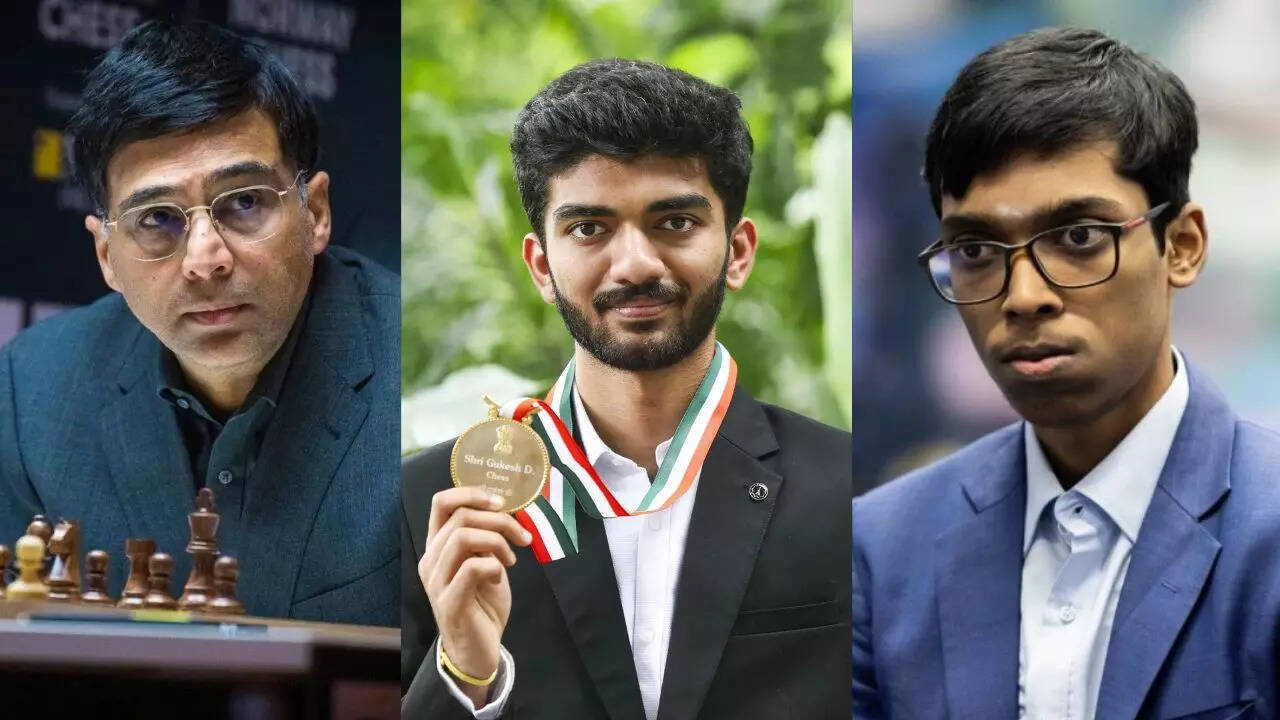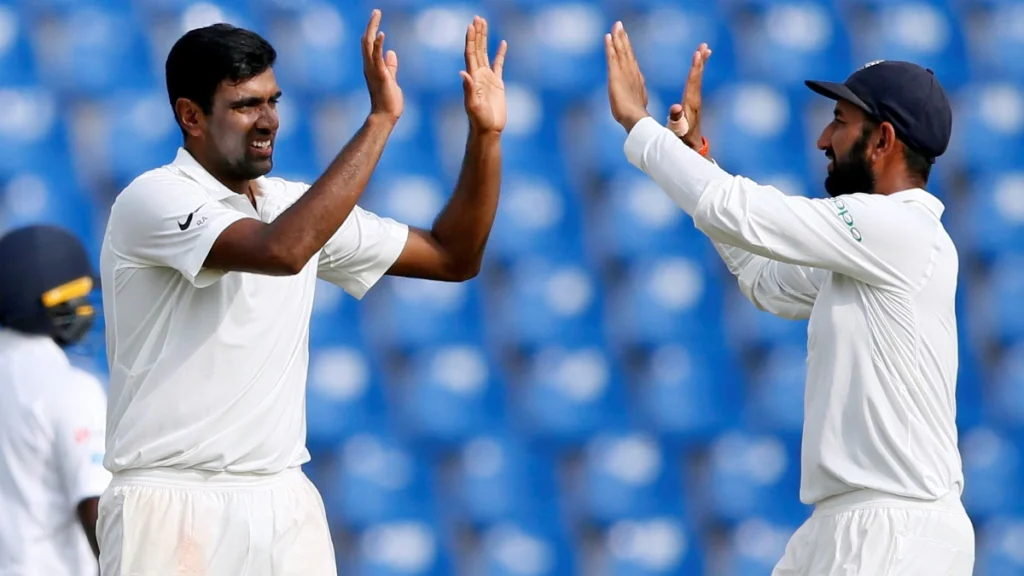Now Reading: India’s Chess Divide: Why South Leads and North Struggles in the Mind Game
-
01
India’s Chess Divide: Why South Leads and North Struggles in the Mind Game
India’s Chess Divide: Why South Leads and North Struggles in the Mind Game

Despite India’s growing global presence in chess, a deeper look reveals a sharp regional divide — with the southern states dominating the sport while the north continues to lag behind. A recent conversation within the chess community has reignited discussion around this imbalance, pointing to systemic gaps, cultural factors, and infrastructure issues that have left young talents from North India at a disadvantage.
South India’s Structured Rise
Tamil Nadu, Andhra Pradesh, and Karnataka have consistently produced some of India’s top chess players. From Viswanathan Anand to current rising stars like R Praggnanandhaa, the South has built a strong chess ecosystem with coaching centres, school programs, and parent support forming the backbone of the movement.
In cities like Chennai and Hyderabad, chess is introduced early in schools. Regular tournaments, sponsorship opportunities, and structured coaching have turned the game into a serious career path for many children.
A Struggle for Structure in the North
In contrast, players from North India often speak of limited access to professional coaching, fewer tournaments, and a lack of community support. Many north-based players say their early years in chess involved self-training, unreliable coaching, and minimal exposure to competitive play.
Some even describe being seen as “outsiders” when participating in national-level events dominated by southern players. The lack of infrastructure and cultural awareness around chess has forced many northern talents to either shift base or quit the sport altogether.
Mindset and Social Factors
Experts also point to differing mindsets. In many Tier 2 and Tier 3 cities across North India — such as Kanpur, Patna, and Bhopal — academic and cricket-oriented goals often overshadow less conventional sports like chess. Parents hesitate to invest time and money into what they see as a “non-mainstream” pursuit.
Meanwhile, in the South, chess enjoys respect and visibility, with local media and governments recognizing and rewarding achievements — creating a cycle of motivation for the next generation.
Bridging the Gap
Efforts are now underway to change this. Chess federations and private academies are beginning to reach into underrepresented regions, offering online coaching and hosting workshops in Tier 2 cities. Some schools in North India have started integrating chess into their curriculum, inspired by the southern model.
Still, many believe that more government support, scholarships, and localized tournaments are needed to truly level the field.
Conclusion
India’s chess journey is filled with promise, but its regional imbalance highlights the need for inclusive development. If the country wants to be a true global force in chess, talent must be nurtured equally — from the classrooms of Chennai to the bylanes of Lucknow. Bridging this divide isn’t just about sport; it’s about ensuring that geography doesn’t decide the future of a young mind.

























